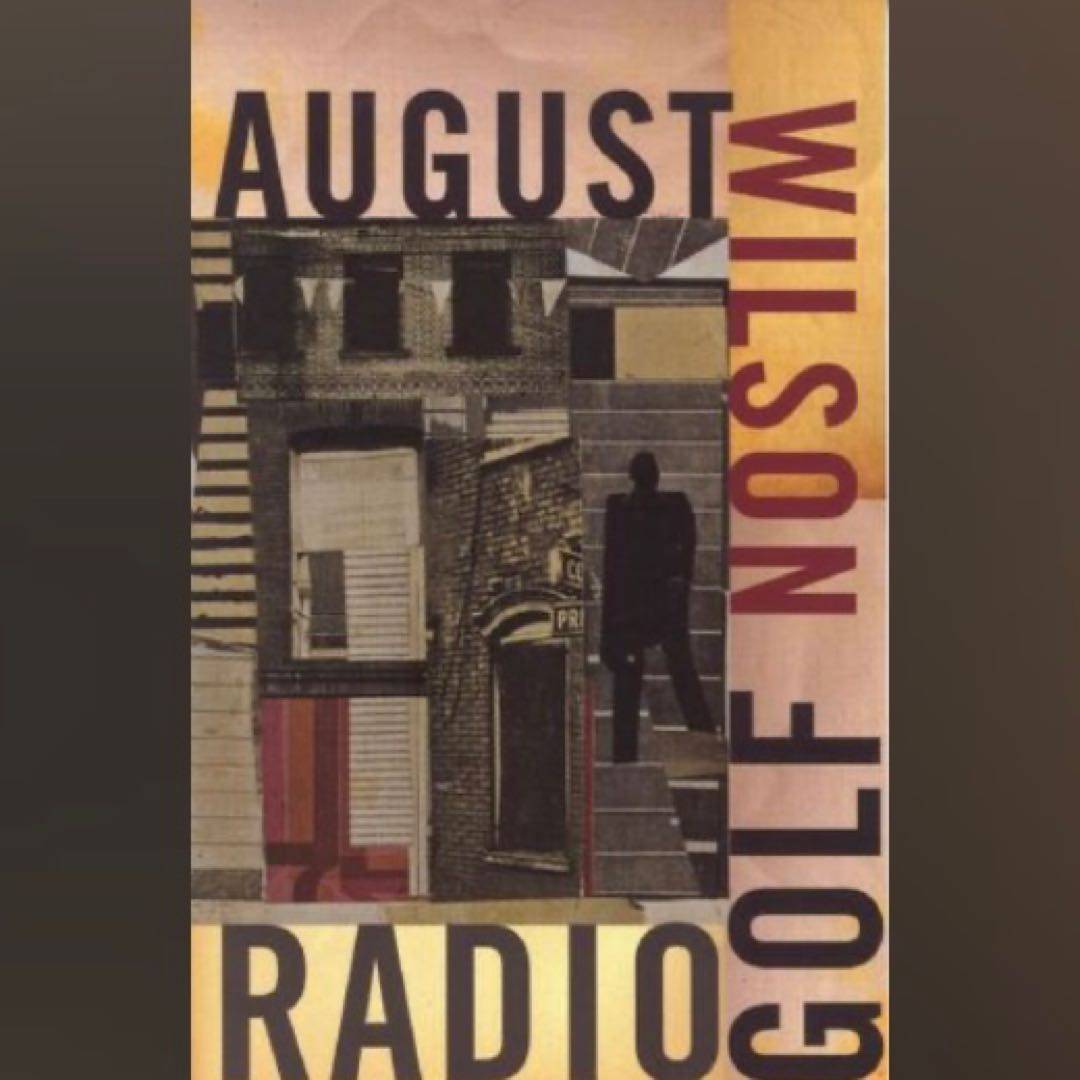Radio golf: 1997 | Suzan-Lori Parks, August Wilson
August Wilson liked to say that his plays were "fat with substance." And he was right: his ten-play cycle - Wilson wrote one for every roiling decade of the African-American experience in the twentieth century - transforms historical tragedy into imaginative triumph. The blues are catastrophe expressed lyrically; so are Wilson's plays, which swing with the pulse of the African-American people, as they moved, over the decades, from property to personhood. Together, Wilson's plays form a kind of fever chart of the unmooring trauma of slavery. August Wilson died on October 2, 2005. "I've lived a blessed life," he said. "I'm ready." Between the diagnosis, in mid-June, and his death, he had enough time to finish the rewrites of Radio Golf and set up the usual gestation period of out-of-town productions before the Broadway opening - a unique system that Wilson, Richards and his producing partner, Ben Mordecai, had set up as a kind of quality control. Wilson also lived long enough to learn that he would be the first African-American to have a Broadway theater named after him. No one else - not even Eugene O'Neill, who set out in the mid-thirties to write a nine-play cycle and managed only two - had aimed so high and achieved so much. Wilson's plays brought blacks and whites together under the same roof to share in the profound mysteries of race and class and the bittersweet awareness of how separate yet indivisible we really are.
